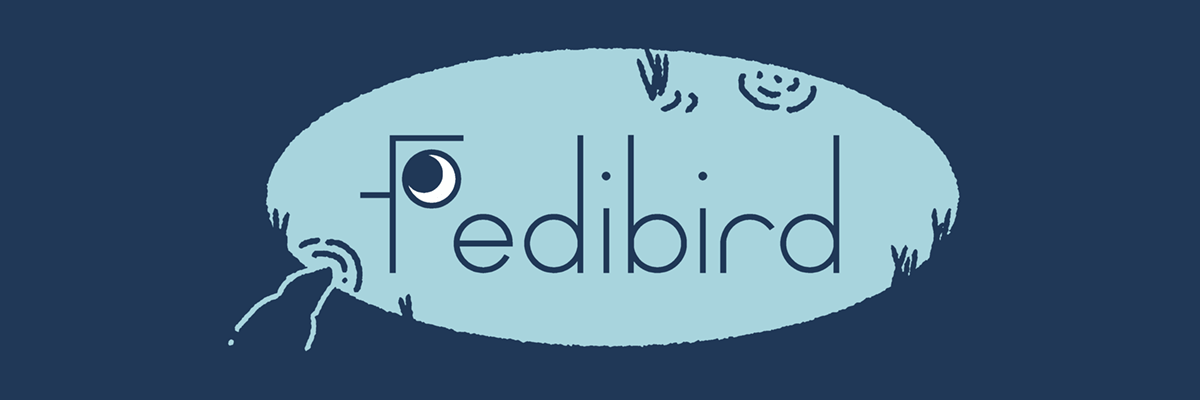Obesity Unraveled: Scientists Propose Unifying Theory
New research proposes fructose as the key driver of obesity, unifying various dietary theories. The “fructose survival hypothesis” suggests that fructose consumption depletes active energy and hinders appetite control, thereby contributing to an energy imbalance that promotes weight gain. This new perspective could guide more effective obesity prevention and management approaches.
https://scitechdaily.com/obesity-unraveled-scientists-propose-unifying-theory/ #obesity #fructose #diet #appetite #control #energy #WeightGain
@Nonog The upshot of this theory is that these stressors and traumatic experiences during childhood affect the developmental pathways in the brain - and also the limbic system, gut bacteria, and other things in the body, in ways we don’t completely understand yet - to put someone’s metabolism in permanent starvation/emergency mode.
This has implications for appetite, satiation, how the body metabolizes everything out into it, etc.
/2
@Nonog Having so much of our food full of high-fructose corn syrup (HCFS) probably doesn’t help but the thing is…if you’re poor, which makes you more likely to be exposed to trauma and stressors that cause obesity, you also have less access to healthy food, and food loaded with HCFS is mostly what you can afford to get.
It’s a systemic problem because we subsidize corn so much in this country and that’s why HCFS is in everything.
/3
@Nonog I actually avoid HCFS because I have fructose intolerance (I have to be careful about my intake of certain fruits and vegetables too). But I can afford to do it. It’s very hard to do if you’re poor and live in a food desert.
/end

@Nonog This isn’t consistent with the growing consensus on obesity, which is that the primary cause is likely to be extreme stress/trauma in childhood. The causes of this trauma and stress can be things like abuse, unstable housing, being subject to violence, bullying, and food insecurity. A lot of these stressors are commonly associated with, but not exclusive to, living in conditions of poverty.
https://pubmed.ncbi.nlm.nih.gov/33054810/
/1